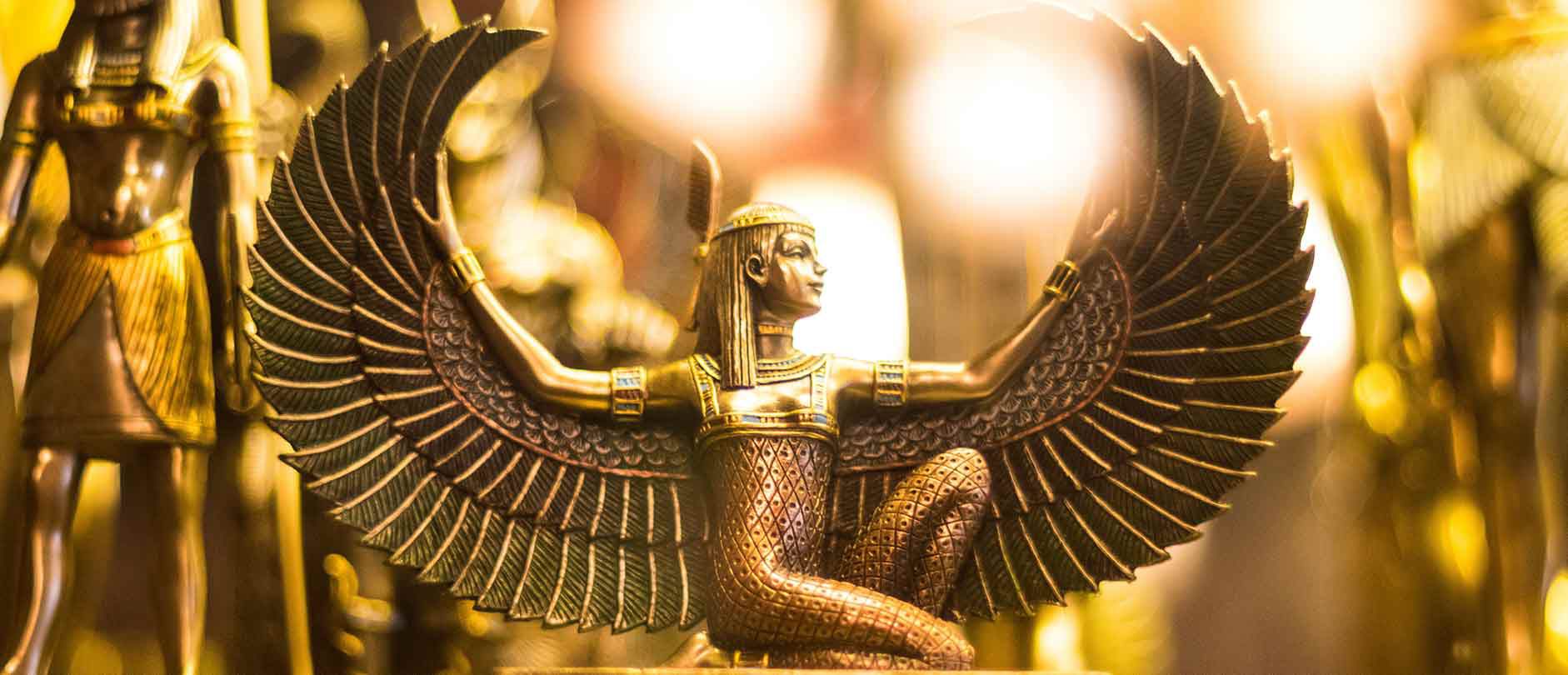Egyptian Wedding

Egyptian Wedding Customs and Traditions
An Egyptian wedding is a great event where even strangers are invited to come and celebrate with family and friends. These weddings follow many of the traditions from centuries ago. Today, Egyptian weddings have become interestingly fun, you must come out of it with at least one or two memorable stories. Their traditions make them even more captivating given the originality they have. Egyptians have been keen to follow these traditions from decades ago, and this article will discuss some of them.
Traditions and Customs
As much as arranged marriages have become rare nowadays, they still are not unusual when it comes to Egyptian weddings. Once both of the involved families give their approval, the wedding planning starts. Here are a few traditions and customs that an Egyptian wedding entails.
The Shabka and Mahr
In an Egyptian wedding, the marriage agreement is made of two sections, the “Mahr” and “Shabka” — where the groom has to bring two gifts to the bride's family. Mahr refers to the total amount of money that the groom pays to the bride's family, while shabka is a tradition where the groom gives his wife-to-be some jewelry.
The Engagement
This a period where the couple get to know more about each other. The bride's family hosts the engagement party at their home or sometimes at a hotel fully equipped with wedding decorations of different kinds.
Wedding Rings
This is a very important aspect of Egyptian weddings as its symbolism dates back to the Ancient Egyptian culture. Rings are thought to represent a perfect circle or the marriage never ending.
The Henna Night
The women have a henna party for the wife-to-be and her female friends which is held a day before the wedding ceremony. It is usually a themed occasion with girls wearing belly-dancing outfits.
The Wedding Ceremony
The event starts with a car parade with different wedding decorations of ribbons and ribbons. When the groom and bride reach the venue, they are received by a "Zaffa" (procession). The procession is mostly made up of drummers and belly dancers. If the couple is Christian, they celebrate their marriage in church conducted by a bishop or priest along with readings from the Bible. Muslims on the other hand, hold a wedding ceremony known as "Katb al Kitab" performed by the Maa'zoun in a mosque or house. The Moa'khar and Mahr are written in the contract during the ceremony. Moa'khar is the money the bride receives in case of a divorce.
Cutting the Cake
Just like any other wedding, couples cut the cake which has several layers and feed each other. The bride will then toss her flower bouquet behind her back to other hopeful bridesmaids. The event is marked by plenty of eating and drinking of a traditional sweet drink known as "Sharbat" which is prepared from various herbs and fruits.
What to Wear (Bride and Groom)
In traditional Egyptian wedding, the bride wears a bright jewel colored dress. The groom on the other hand, would wear a ceremonial tribal costume. For guests, it is imperative to dress appropriately to the event so as not to disrespect the couple. For women, they can wear a traditional Egyptian dress. As a country, Egypt is mostly home to Christians and Muslims, and both religions are against women showing too much skin. Don't wear shorts because they are regarded as undergarments! Instead, you should go for a long, flowing skirt that perfectly falls below your knees. You can also opt for loose-fitting cotton trousers as skintight clothing is considered disrespectful and provocative in an Egyptian setup.
Cover your chest, shoulders and belly with a fitting button-up top and t-shirt. For men, trousers or cotton trousers with a polo or cotton button-up shirt is acceptable. You can bring along a sports coat if you feel out of place without a suit. It is not allowed to wear shorts no matter how casual the wedding seems to be. If you have children, model their outfits after your own.
Who Pays for What
In an Egyptian wedding, families decide between them what should be paid by the bride and what should be paid by the groom. Mostly, the groom buys head-turning shabka, deluxe house, state-of-the-art electronics, kitchen and bathroom equipment among others. Brides on the other hand, pay for the engagement party, kitchen utensils, the elegant engagement party, posh furniture all of which are usually covered by "El Mahr". Upon deciding to propose, the groom-to-be is expected to shower his wife-to-be and her family with expensive chocolates on every occasion, from “Erayet el Fat” to “Katb el Kitab”.
Meals and Music
In Egyptian weddings, copious amounts of food is served as a sign of both families’ wealth. Typical meals at the feast include: stews, fattah, meats, sweets and salads. Upon leaving the venue later in the evening, the couple's guests throw grain on them as a sign of fertility.
Music in an Egyptian wedding is very important. It is the time for the couple and guests to show off their dance moves they have probably been practicing all year round. For guests, it's time to scout for potential fiancés if that is what you are looking for. It is also time to celebrate your joy for the happy couple. With the Egyptian culture being very diversified, there are many options to choose from when looking to play some music. Here are a few songs popular among Egyptian weddings: Mabrouk by Ramy Ayach, Al Tanoura by Fares Karam among others.
Conclusion
Egyptian weddings have become very popular across the world. Perhaps, if you are looking to try this unique culture, you will be in a for joyride! Egyptian themed weddings have a unique taste and no matter where you are, you won't regret it.







